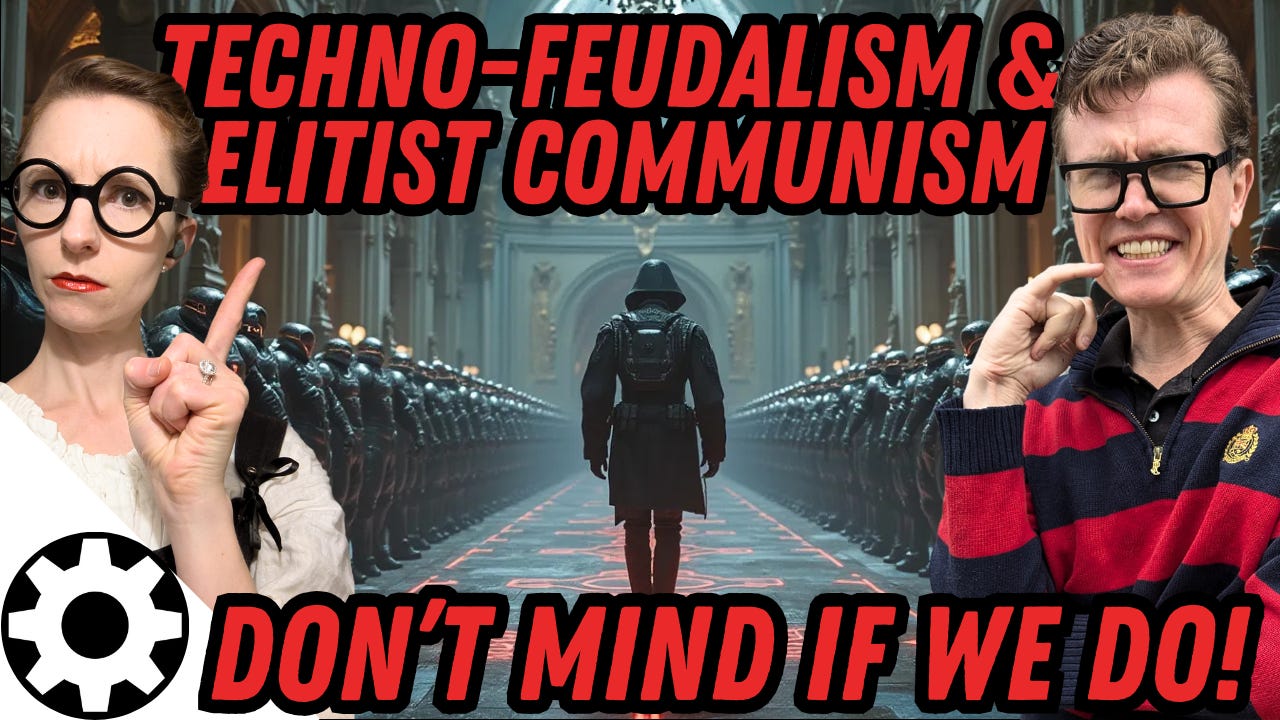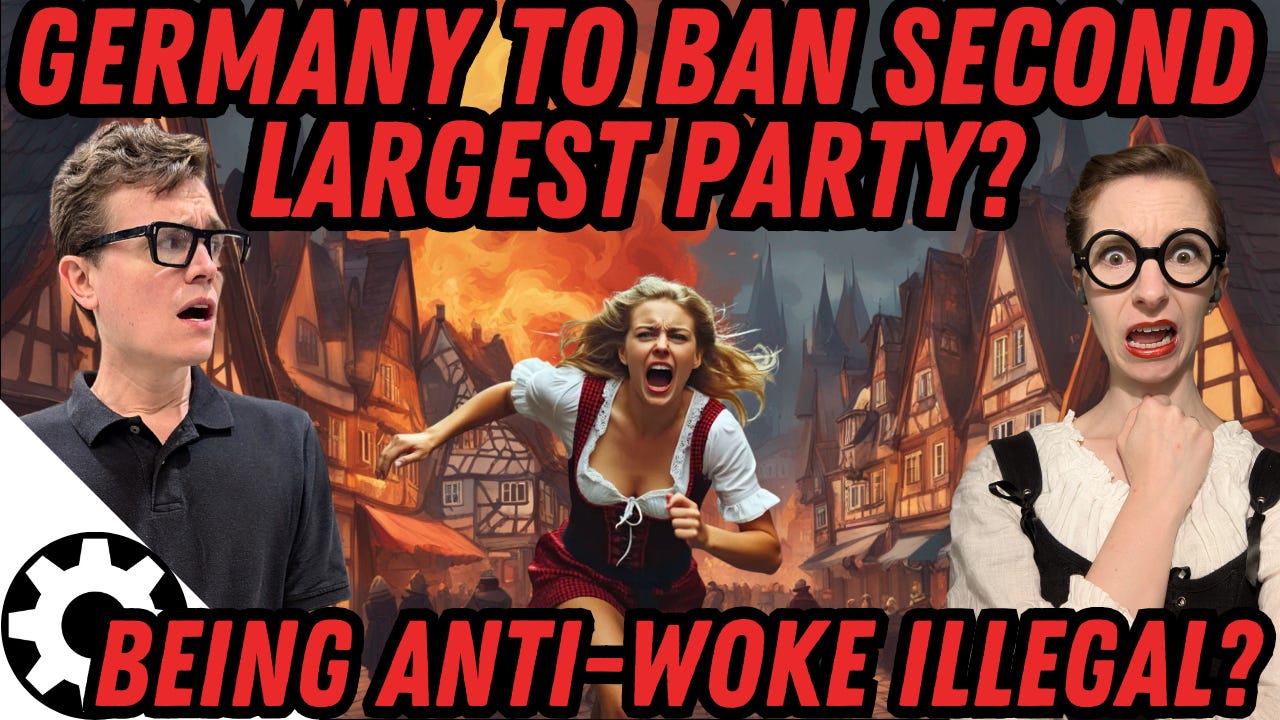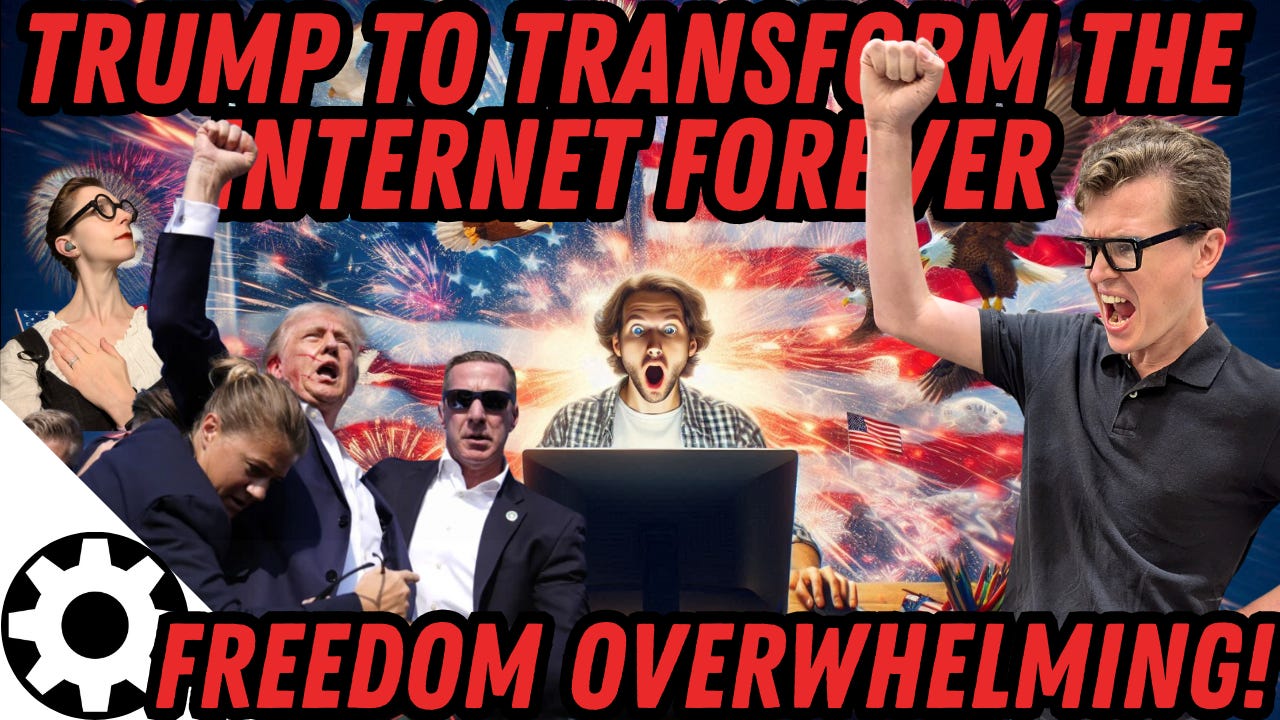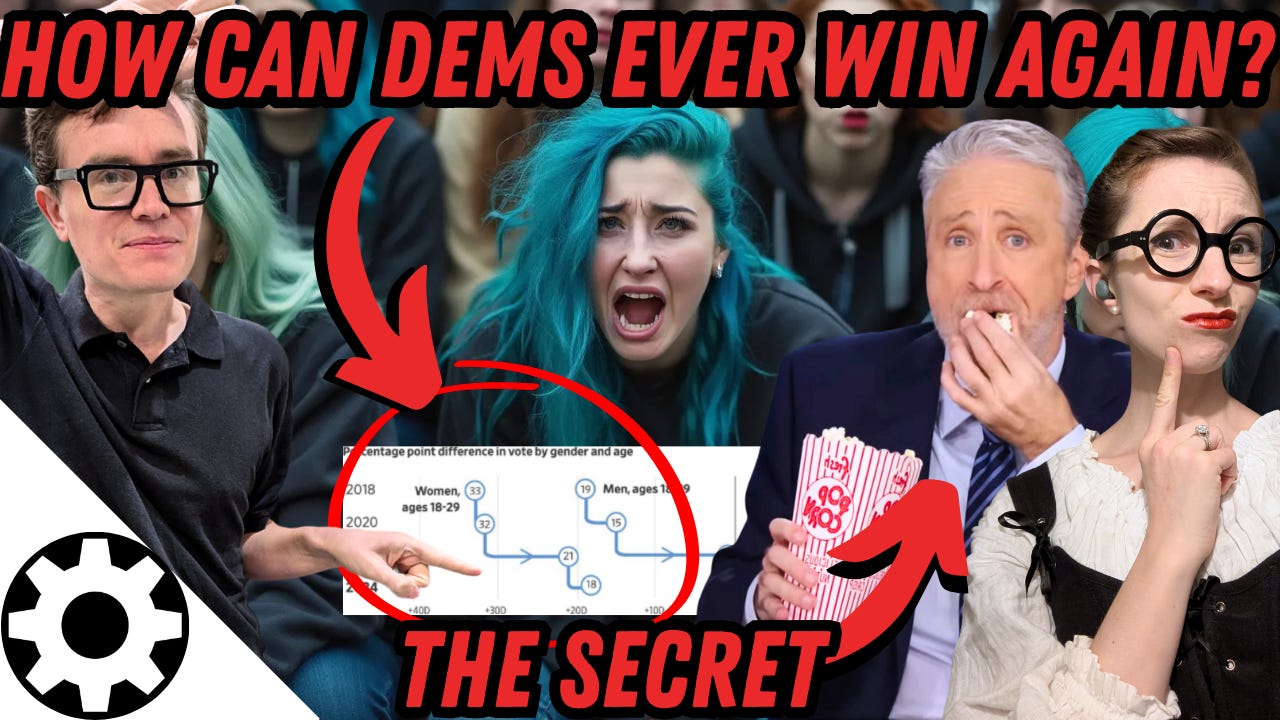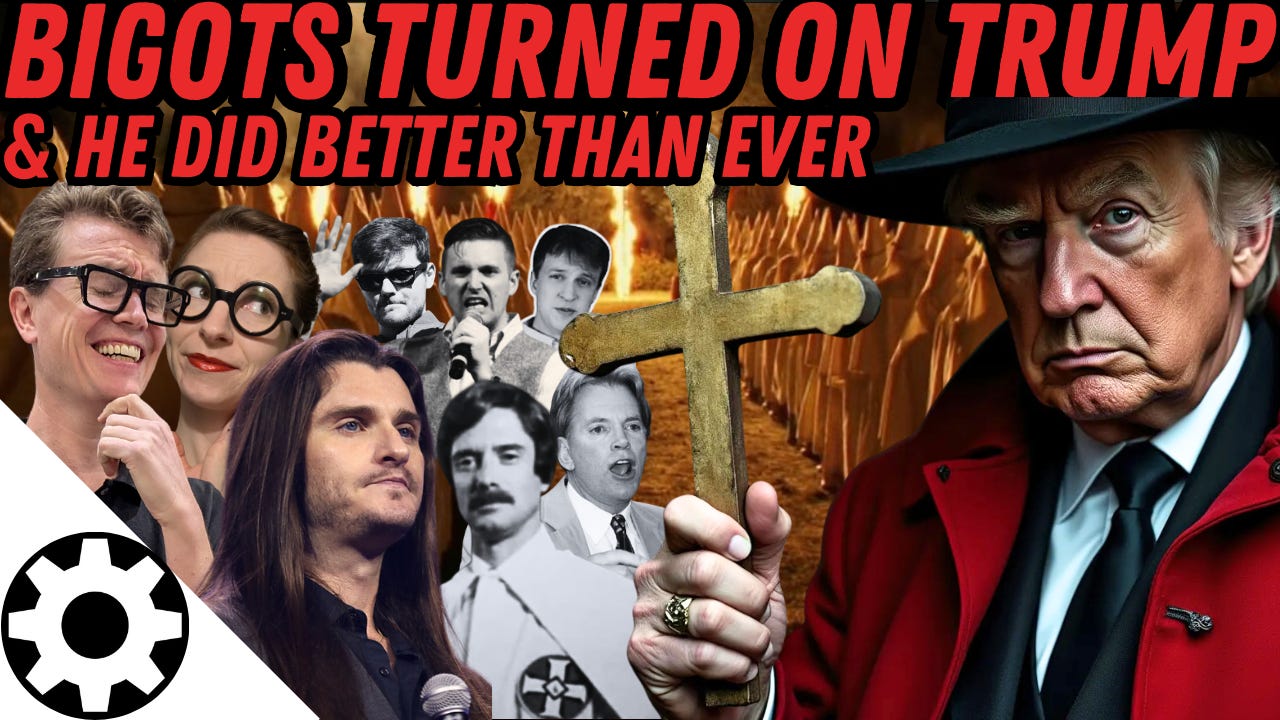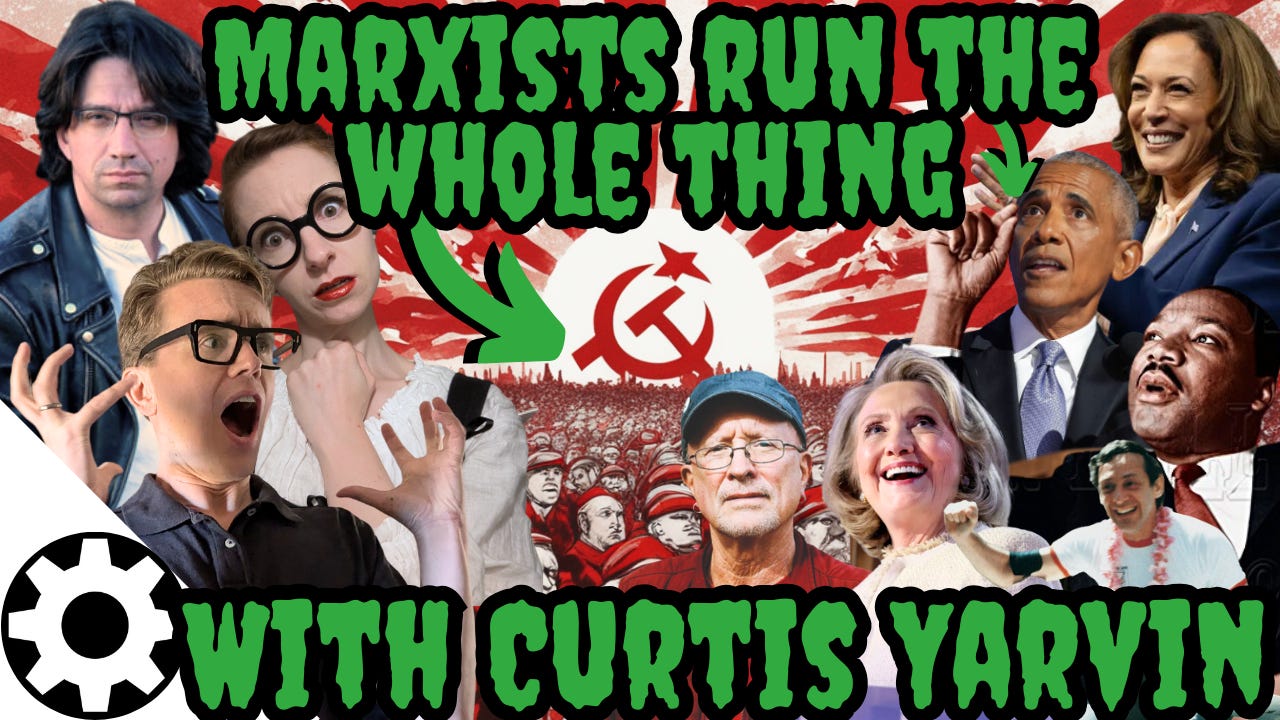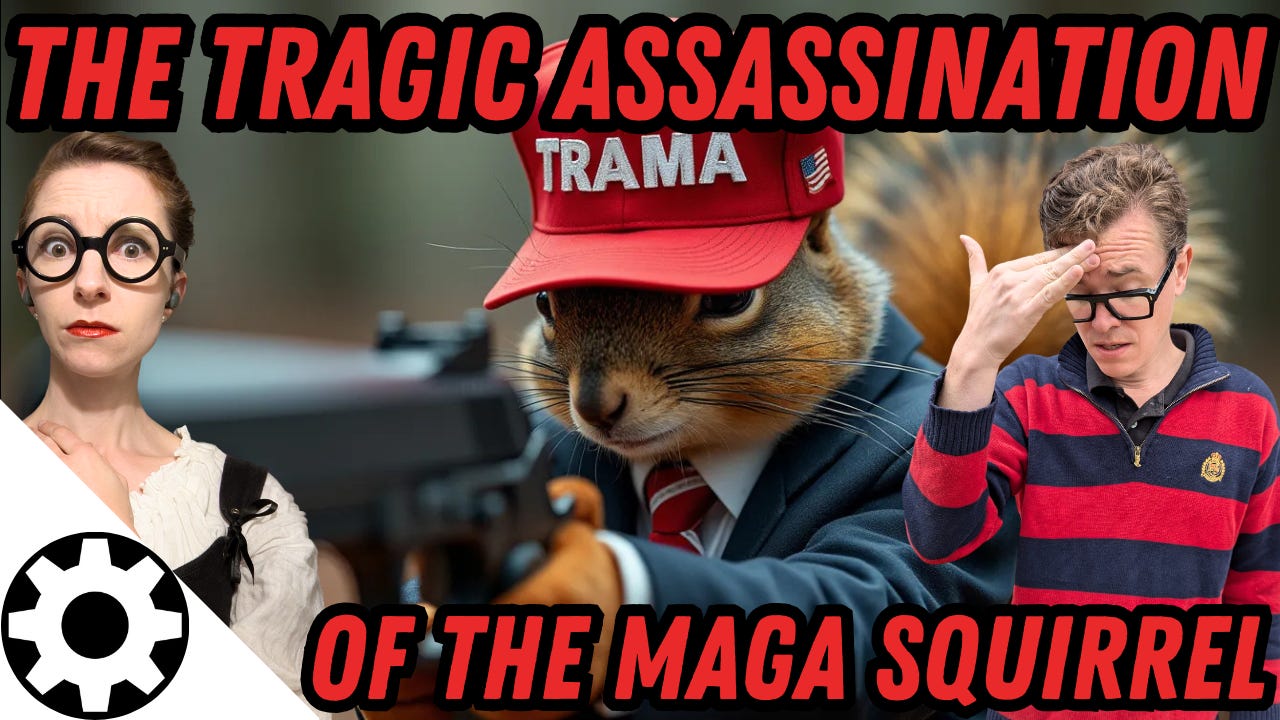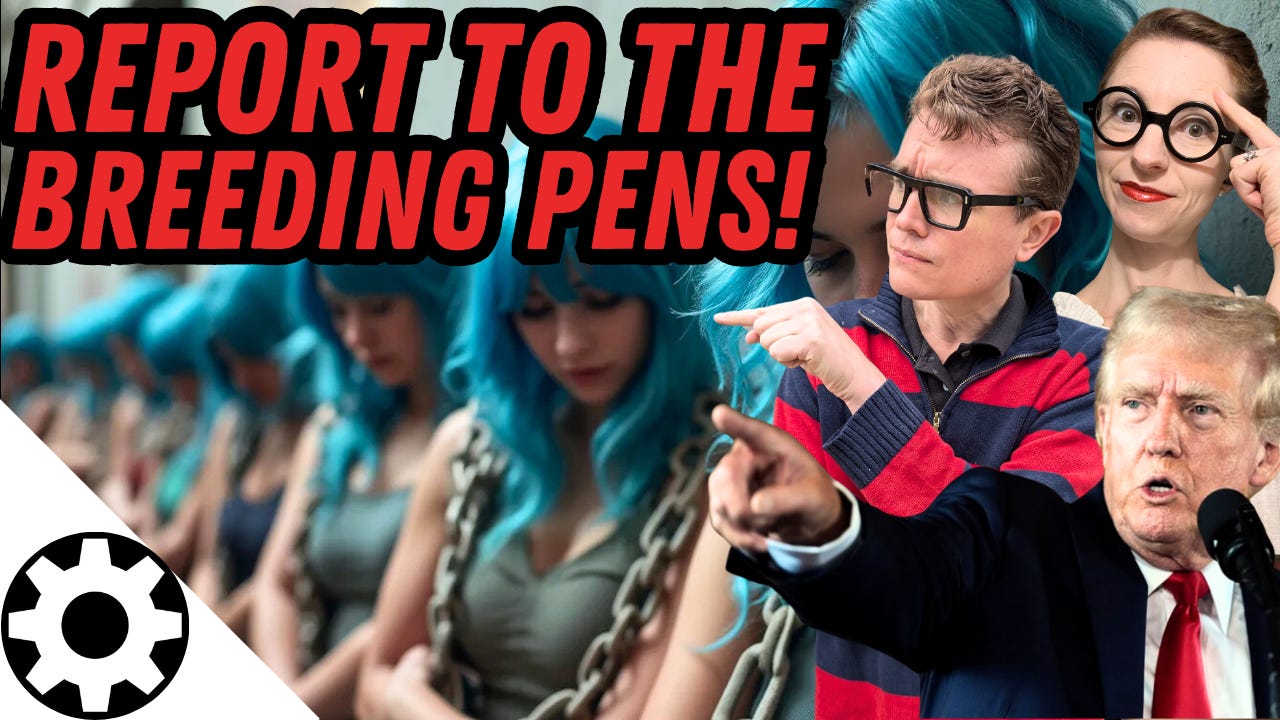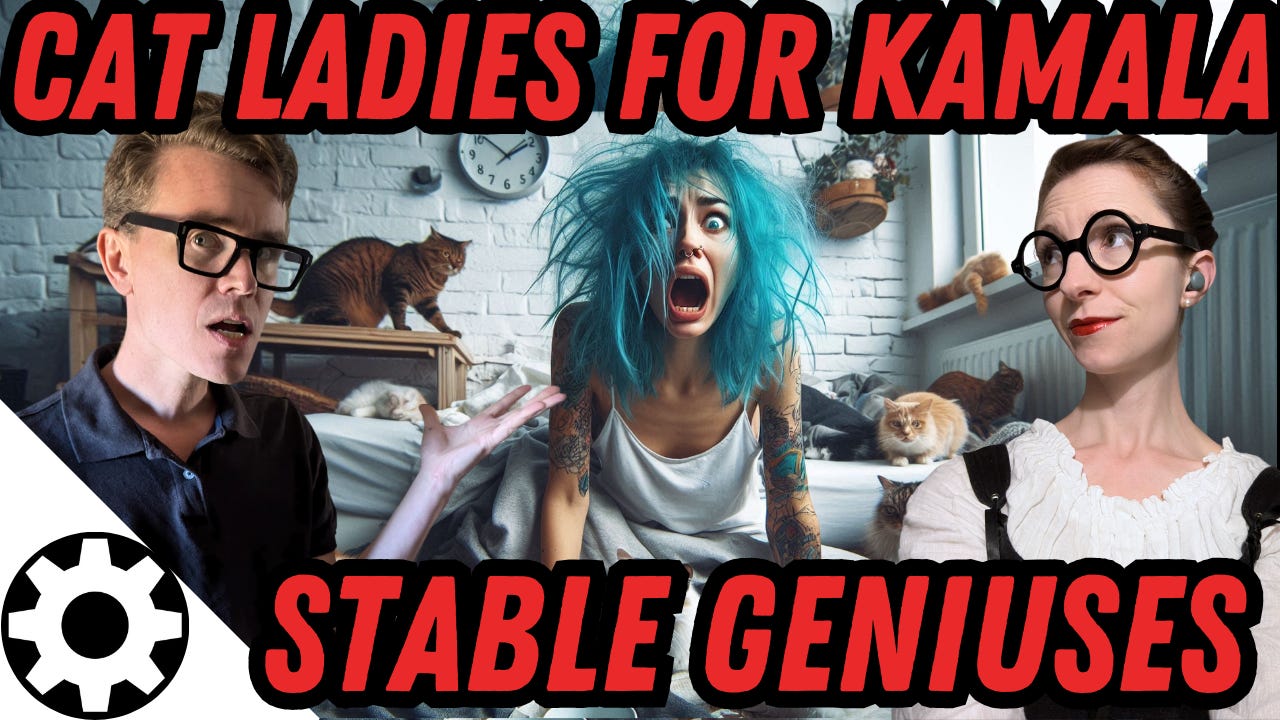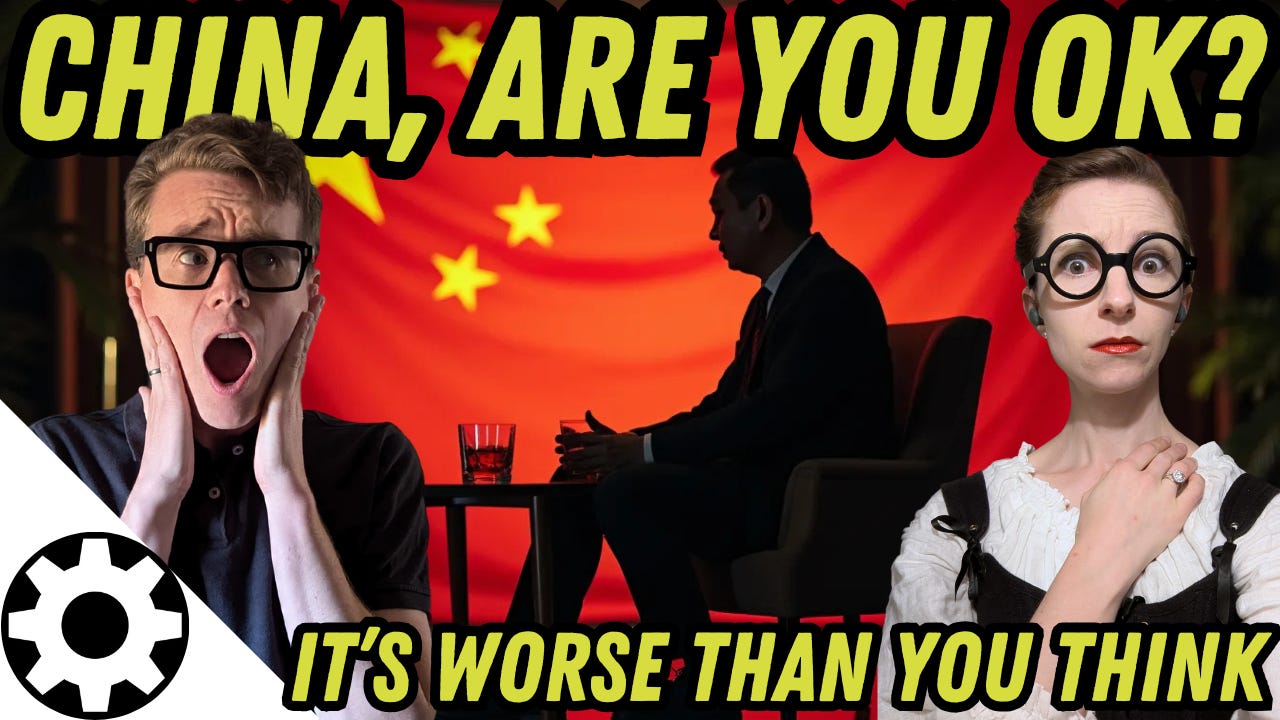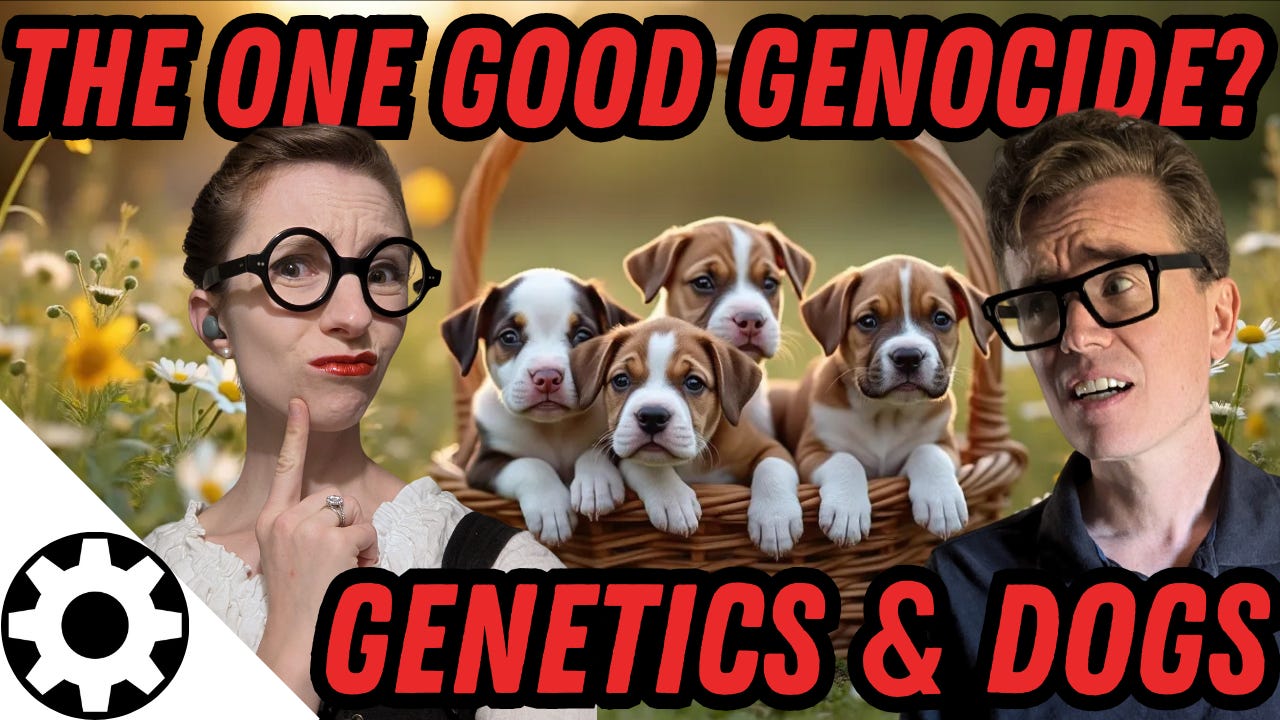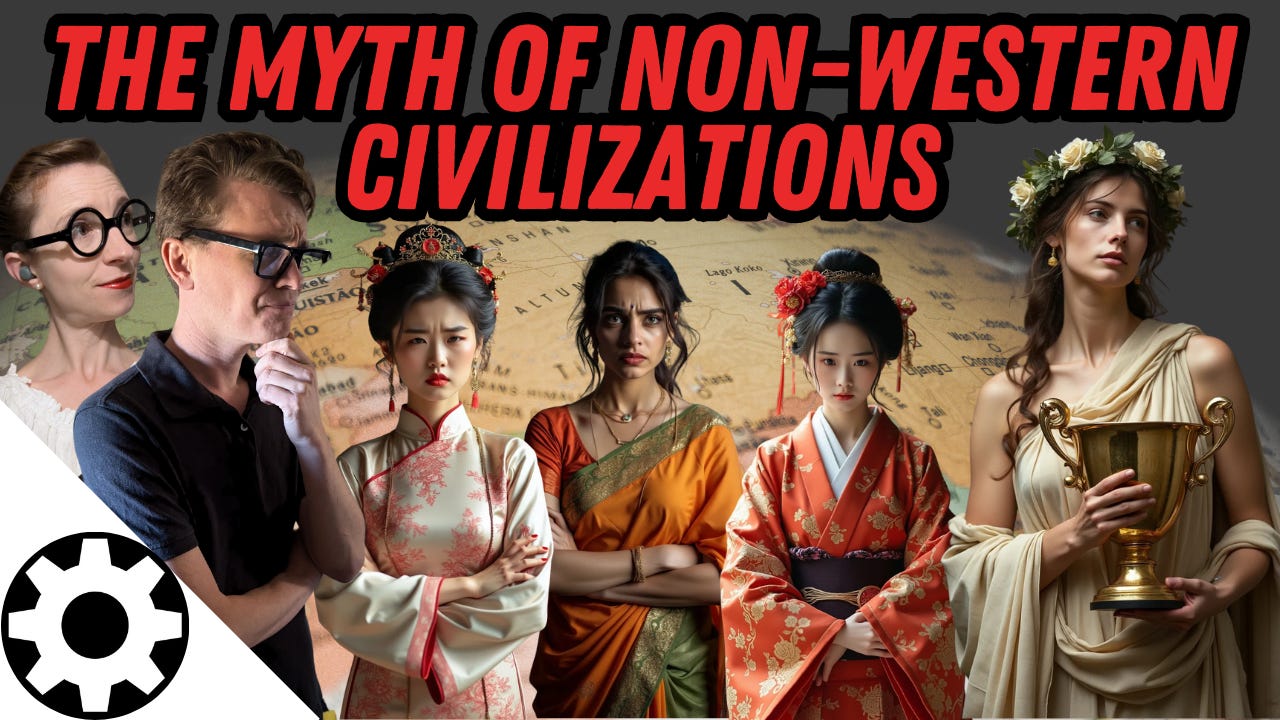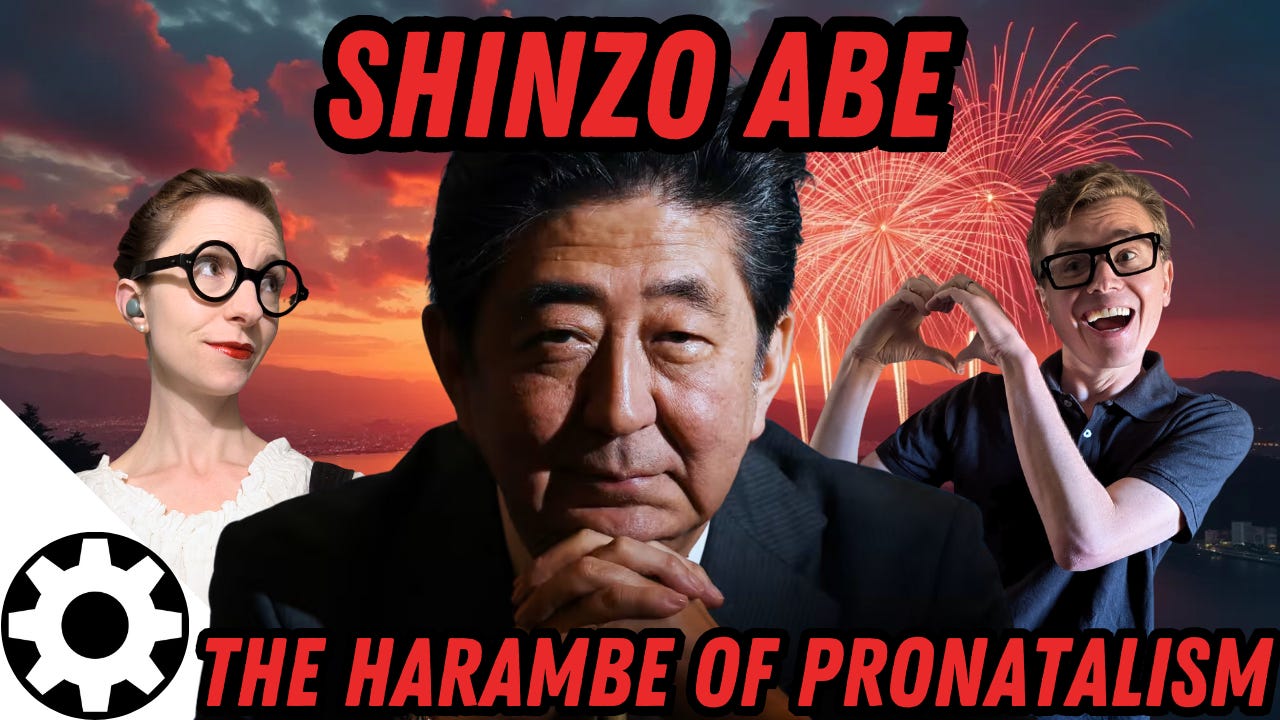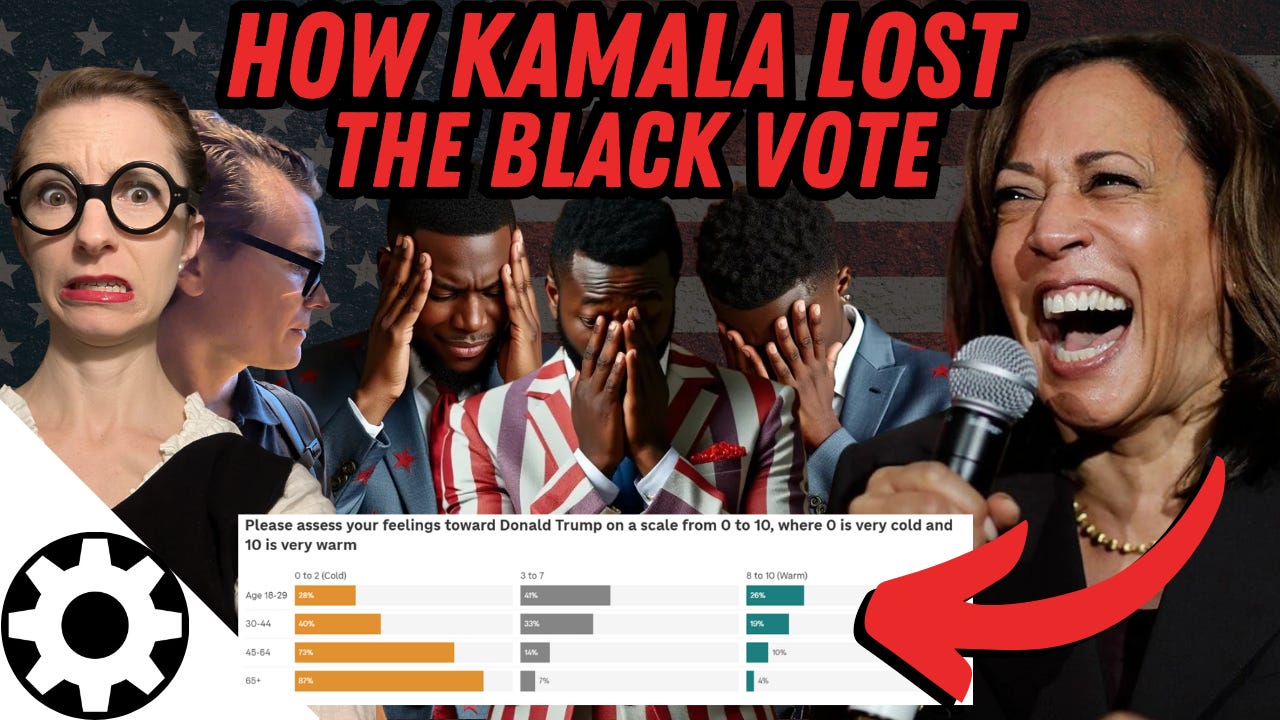What's Better than Democracy? Radical Governance Theory for Charter Cities
Description
This episode dives deep into a radical new governance model, proposing a system where an individual's civic value and vote are gauged by their economic contributions. The discussed model incorporates AI as citizens, utilizes blockchain for transparent governance, and aims to attract cutting-edge industries. It further addresses demographic challenges, proposes a tiered society, and introduces tribal-like social structures for enhanced social services. The session also critiques current democratic systems and emphasizes the need for innovative governance to handle future societal complexities.
Simone Collins: [00:00:00 ] existing governing systems assume that every citizen has equal value when they objectively do not. Our system assumes an individual's value is correlated with their utility to the state
Malcolm Collin: Well, if your vote is based on the amount that you're paying in taxes, now there's a huge disincentive to using tax loopholes.
Simone Collins: Is the core of governance design as it should be approached by everyone going forward.
What will incentivize people to do a thing that is good for everyone? It is about aligning incentives, period. Don't look at what was done in the past.
Would you like to know more?
Malcolm Collin: Hello, Simone. Our country is dealing with the aftermath of the election, and yet we filmed this before the election. With that being the case, I need to say that democracy doesn't work. It is a terrible system. One person, one vote.
Speaker 12: This year we explored the failure of democracy, how the social scientists brought our world to the brink of chaos.
Malcolm Collin: The guardian. Caught us saying this and did a piece on us recently where they aired for us [00:01:00 ] on our behalf, our plan for a new governance system for a charter city.
Thanks guardian. I love it. The guardian has been our biggest supporter. I feel so much when I watched them trying to deal with our raise in fame as being very much like
Speaker 2: Four! I mean five! I mean fire!
It's
typical. Why has it done that?
I'll just put this over here with the rest of the file. 0
Malcolm Collin: . And all they can think to do to attack us is more and more articles that get our message to more and more people. And nobody like, you know, they'll do an article, like here's their horrifying system of government that they developed.
And then [00:02:00 ] they, they put the whole slide deck there, which shows that they're just being misleading, and it's actually a pretty nuanced and neat system of government, which is fundamentally, like, what, what is this system fundamentally elitist communism, you could call it. And I actually think when we talk about the Haven State Network that I think society is going to descend into, so a quick, Note on why charter cities are important and the direction I think society is going.
So with rapid fertility collapse, you're going to have two phenomenons. One phenomenon is many countries are going to have depopulated regions and regions that are experiencing massive brain drains, especially if there are smaller country, like the aisle of man, which is where we were gonna pitch this.
Or you know, think of something like Greece or so many countries around the world that are in otherwise relatively stable areas. But as soon as somebody gets educated, they leave, right? Like there's no reason to stay and they've got beautiful landscapes, beautiful areas that people could set up shop.
But. It [00:03:00 ] is. It is really hard to keep people and the best way to do that. The best way to draw educated people back is to get the types of businesses that employ educated people back. And that means the types of companies doing like cutting edge genetic research or crypto or AI. And so I created a governance model That was designed to draw all of those types of companies into the country.
One where AI can have citizenship, where cutting edge genetic research can be done, where the governance model was baked into a DAO, which is a type of a blockchain ledger, basically. Every aspect of it was designed to be as friendly to like cutting edge economic stuff as possible and as adaptable to changing things as possible.
But that's that's why I was like, okay, so I'm going to pitch this to these to these regions, but at the same time, the second effect of fertility collapse is going to be that right now, you know, you have like one elderly person for every, [00:04:00 ] let's say three working age people, we will reach an age where every working age person is going to be supporting like three elderly individuals.
And in addition to that. Elderly individuals will make up the majority of the electorate, and they will be able to vote more and more resources to themselves. And so, even though it's not like a viable system they're not gonna say one day, oh, we should cut Social Security. I mean, we've already seen that they're unwilling to do that.
And so, what ends up happening then? Well Um, taxes go up on the few economically productive individuals that are left. And as we pointed out, it's the economically productive regions of countries that typically have the lowest fertility rates. So if you look like was in the United States, and it would be so great if kids from poor family had just as much of a chance of being economically productive as somebody from an economically productive family.
However, that's just not true. That is not a nut that societally we have figured out how to even come close to cash. Cracking, which means in the next generation, dramatically fewer people are going to be economically productive than was in this generation, [00:05:00 ] which means the taxes on those individuals need to be astronomically higher.
Well, here's the problem. Things aren't region locked in the way that they used to be. to be in terms of economic models. It used to be that if I was a big CEO, I'd have a skyscraper and tons of people and hundreds of thousands of employees or I'd have oil fields that I needed to protect. And so a country could tax me and I couldn't just like leave.
They're like, Oh, well, then we'll just see the assets or the oil fields or the human talent. Right. Now with AI, this is really flipped on his head to an extent. And we've seen this with the new startups, but we've also seen this in the way that big companies are going. We're like, they're just hiring a lot fewer people and like programming and stuff like that because they just don't need it, which concentrates the wealth in fewer and fewer people, which means these smaller and smaller groups of economically productive individuals.
When the state goes after them for their money, they're just going to say, F it, I'm leaving. Especially if charter cities exist as an alternative and these charter cities are nice, Fun places with a lot of interesting people. And you're like, well, how can [00:06:00 ] you do that? How do you sort of work your way into it?
Well, you can start with them being vacation spots by that. What I mean is you build like yearly conferences. They're like, maybe the next iteration of like a hereticon or something like that is always happening at one charter city. So everybody goes,
Simone Collins: you also can create it as a place where people take research sabbaticals.
So some early city states have reduced regulation on biomedical research, and that's something we would certainly propose for any city state. We were involved with is like, a no holds barred, though, always with informed consent medical research area. So, then, in that case, you would create a temporary market of medical companies and researchers who will come and take a sabbatical in this area to run.
Clinical trials on something or to run a Ph. D. You know, thesis like on some experimental treatment or thing that would be really cumbersome from a regulatory standpoint to study or research or vets or validate [00:07:00 ] in some other country.
Malcolm Collin: And these are what we call the Haven state network. And so we'll go over a governance model for one proposed of these.
But before we get into that, I will note. Okay. Ironically, I think one of the most common governance types within the Haven State Network is likely going to be communists. And people can be like, what? Aren't these like hyper capitalists and elitists? And it's like, well, communism actually kind of works when you can kick out nonproductive individuals.
And given the level of post scarcity that these may have, like you go to something like heretic on, we don't pay for anything at heretic on because the individuals who are running it just have so, so, so much money that they're like, Oh, if I have interesting people there, that's fine. You know, people will have new ideas.
I'll get to meet new people. That's, that's what I'm there for. The people running these havens might have so much money that it's just like, Oh, you know, I, I, I pay for all the daily expenses of individuals so long as they are economically productive.
Simone Collins: [00:08:00 ] Yeah.
Malcolm Collin: And I think that this is where the guardian, when they were talking to me about the Haven model I set up, they were like, yeah, but what about people who aren't economically productive?
And I was like, well, my state's not really for them. I'm so sad they didn't publish that. I was like, there's plenty of other countries that can take people like that. And right now we just haven't really done that globally speaking, but I think that more states need to be like, Oh, the economically productive peo

